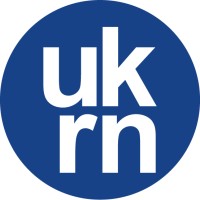
UK Regulators' Network
Established in 2014, the UK Regulators Network (UKRN) continues to enable effective co-operation between regulators on important issues. With a credible culture of collaboration and learning, UKRN encourages greater efficiency and improved outcomes for consumers, businesses, and the economy, exploring cross-cutting issues and building better ways of working. For our latest news, please visit www.ukrn.org.uk To get in touch with us, please email: [email protected]






